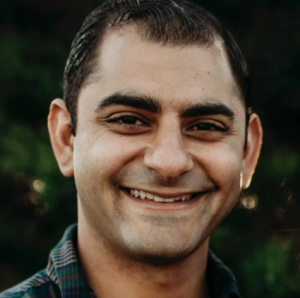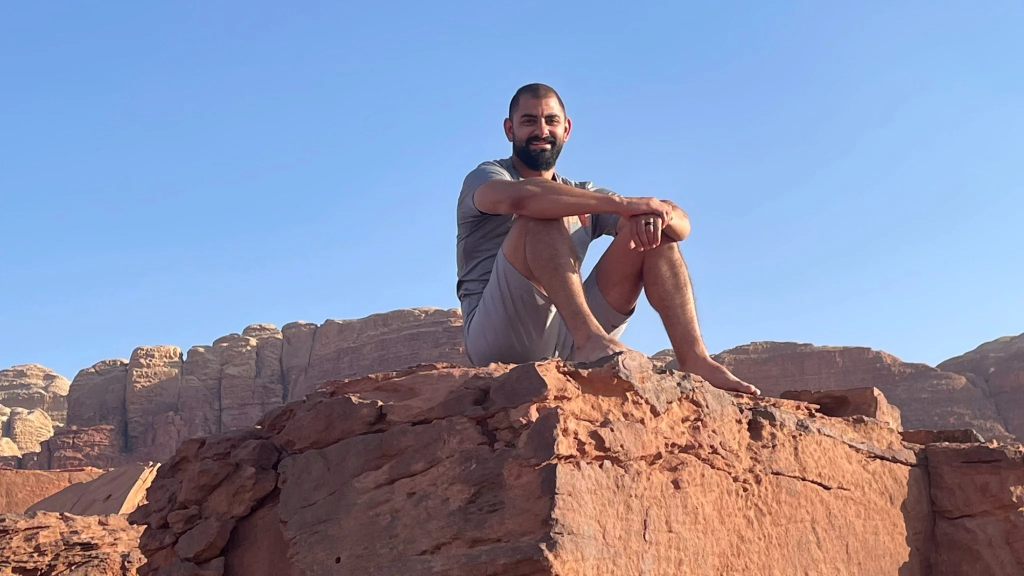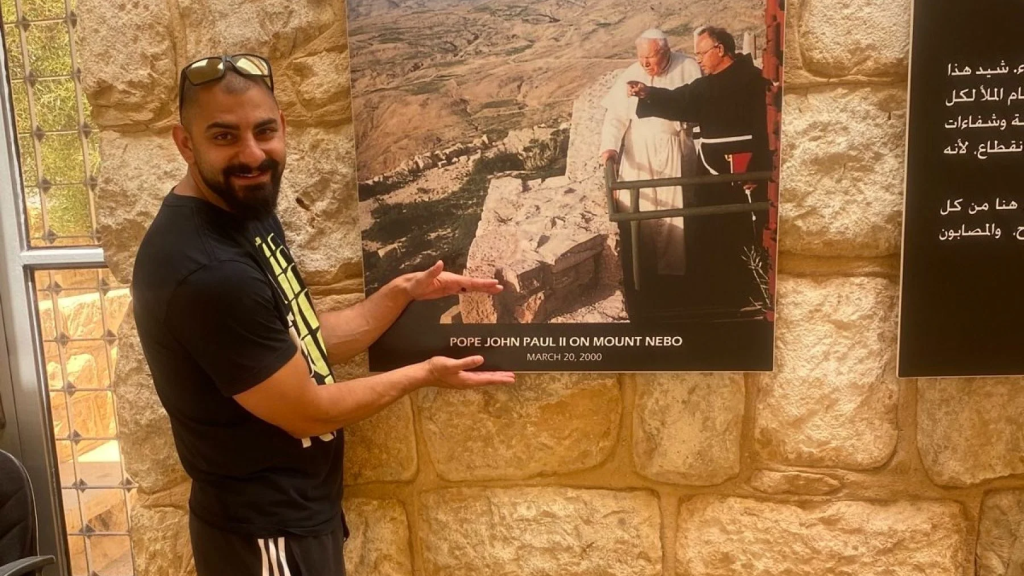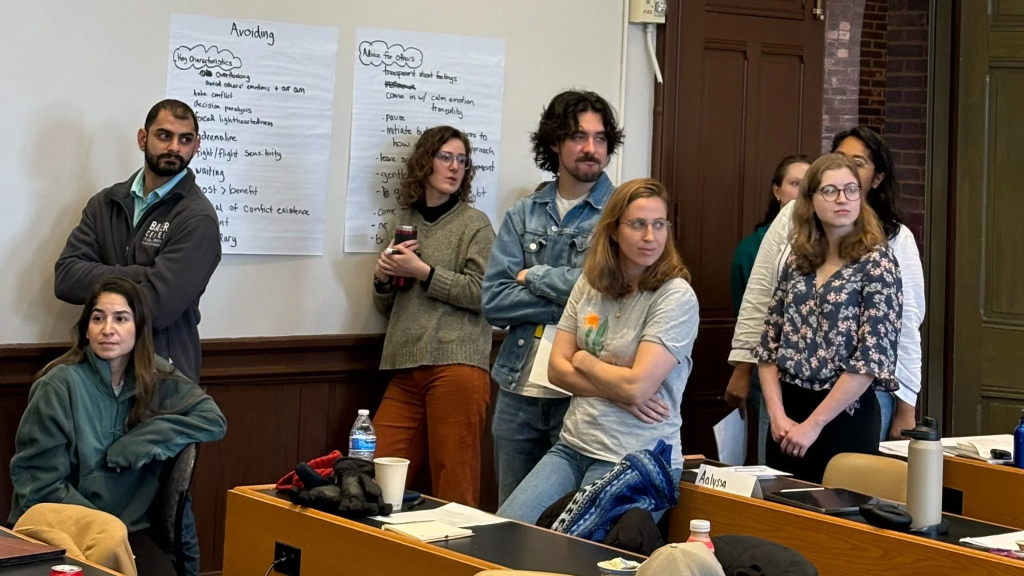As John Korban (MAAS’24) prepares to receive his master of arts in Arab studies, he reflects on his transformative journey from Fayetteville, North Carolina, to Killeen, Texas, and now to the Hilltop.
Korban chose Georgetown for three reasons: prestige, location and language. “The caliber of instruction in the Arab Studies program far exceeded my expectations, even after seeing how prestigious of a program it was through my initial research,” Korban says. “Located at the heart of U.S. foreign policy making in the country, Georgetown allowed me to truly experience the foreign policy environment. Without this, I don’t think I would have had the opportunity to learn from my work at the State Department.”
Widening Academic Interests
Korban reflects on his decision to choose the Georgetown Center for Contemporary Arab Studies (CCAS) and how his understanding of the region has developed over time. He grew up in a Lebanese household and had work experience in the region, but felt like the academic understanding was missing. “I have always been interested in working in the international arena through civil service, and I think my time at Georgetown entrenched that feeling,” he says. “I believe Georgetown just widened my interests from focusing on the conflict/security perspective to gaining interests in the politics and economic sectors of the region.”Throughout his time at Georgetown, Korban seized various academic opportunities, including a summer language immersion program in Jordan, participating in events hosted by CCAS, and forming relationships with faculty mentors. He was an SFS ambassador for the Conflict Transformation Lab (CTL) during his first year and became a co-chair in his second year.





